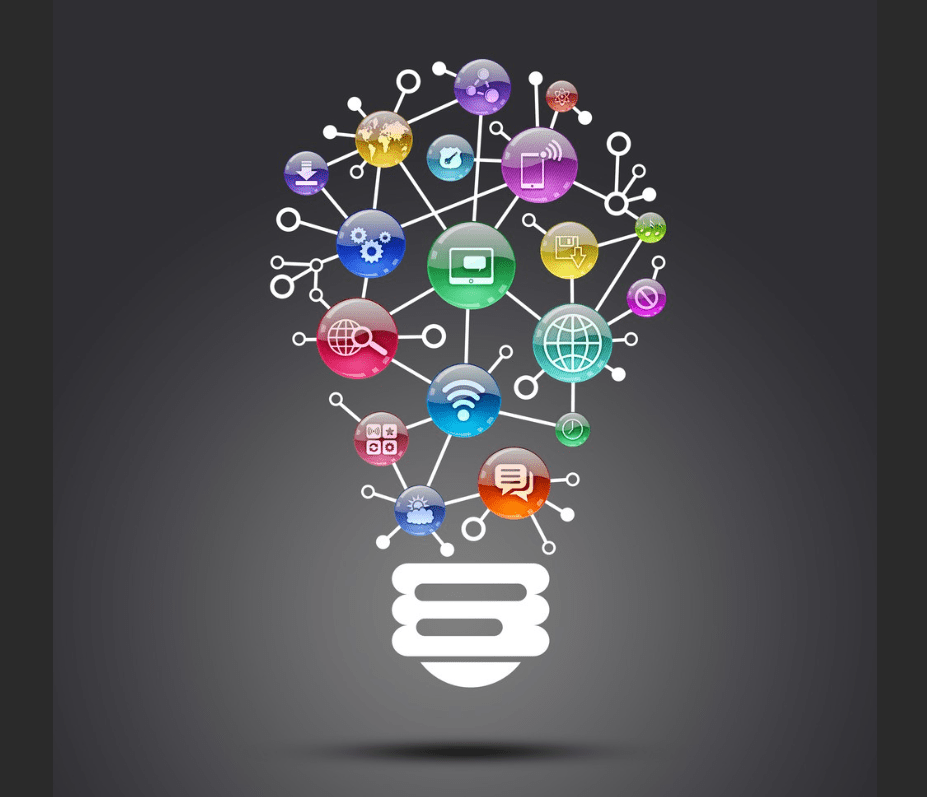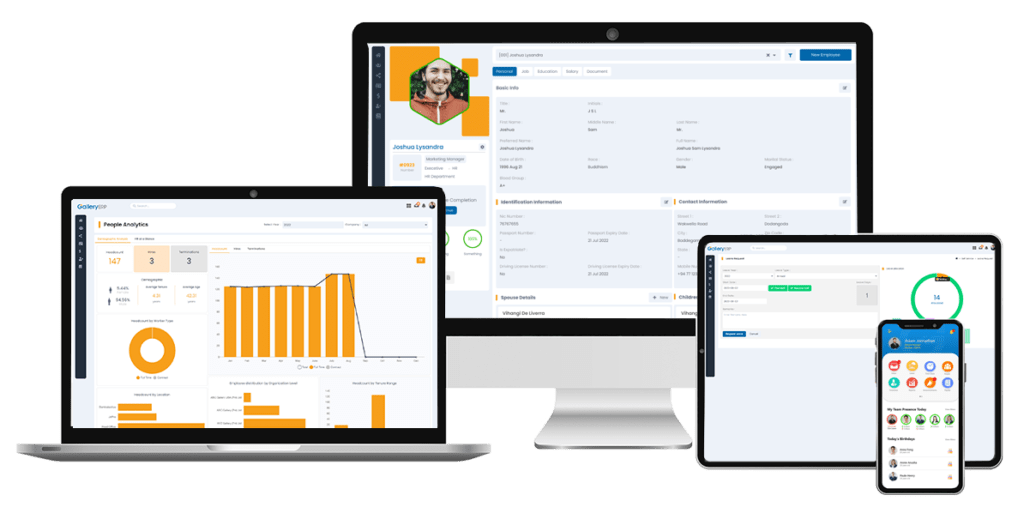
Human Resources Information Systems (HRIS) have revolutionized the way HR departments operate, from recruitment and onboarding to performance management and benefits administration. With the rapid pace of technological advancement, HRIS is evolving at an unprecedented rate. In this blog, we will explore the top trends to watch in HRIS and what they mean for the future of HR technology.
- Artificial Intelligence and Machine Learning
Artificial Intelligence (AI) and Machine Learning (ML) are transforming HRIS by automating many routine HR tasks and enhancing the accuracy of data analysis. HRIS systems equipped with AI and ML algorithms can help automate candidate screening, identify employee performance trends, and even predict future employee turnover. This technology can also enable personalized employee experiences, such as tailored training and career development plans.
- Mobile-First Approach
The workforce is becoming increasingly mobile, and HRIS is following suit. The adoption of mobile-first HRIS technology is on the rise, allowing employees to access HR information from anywhere, at any time, via their mobile devices. Mobile-first HRIS technology can streamline HR processes and increase employee engagement and satisfaction by providing access to HR information, such as benefits and payroll, on the go.
- Predictive Analytics
HRIS systems are becoming more adept at analyzing employee data and identifying trends. Predictive analytics can help HR professionals anticipate and mitigate potential issues before they arise. For example, HRIS systems can use predictive analytics to identify employees who may be at risk of leaving and intervene before they do. Predictive analytics can also help organizations identify high-performing employees and provide targeted training and development opportunities.
- Virtual and Augmented Reality
Virtual and augmented reality (VR/AR) technology is emerging as a potential game-changer in HRIS. VR/AR technology can provide immersive training experiences, such as simulations, enabling employees to practice and develop new skills in a safe and controlled environment. VR/AR technology can also help recruiters create virtual job fairs and conduct remote interviews, reducing the cost and time associated with recruitment.
- Cybersecurity
As HRIS systems store sensitive employee data, cybersecurity is becoming an increasingly important consideration for HR professionals. HRIS vendors are investing heavily in cybersecurity measures, such as encryption and multi-factor authentication, to protect employee data from cyber threats. HR departments are also implementing policies and procedures to ensure that employees handle sensitive data appropriately.
In conclusion, HRIS technology is evolving rapidly, and the trends outlined above are just the beginning. As HRIS continues to develop, organizations that invest in the latest technology will be better positioned to attract and retain top talent, while improving HR efficiency and effectiveness. The future of HR technology is exciting and promising, and the possibilities are endless.






















